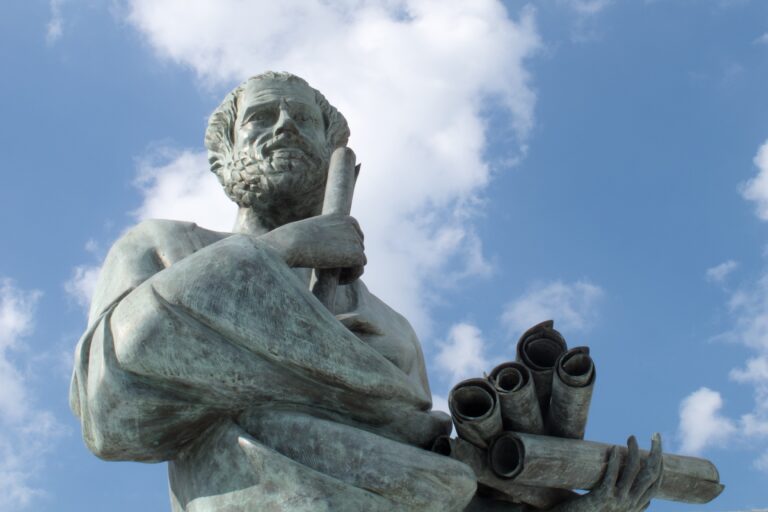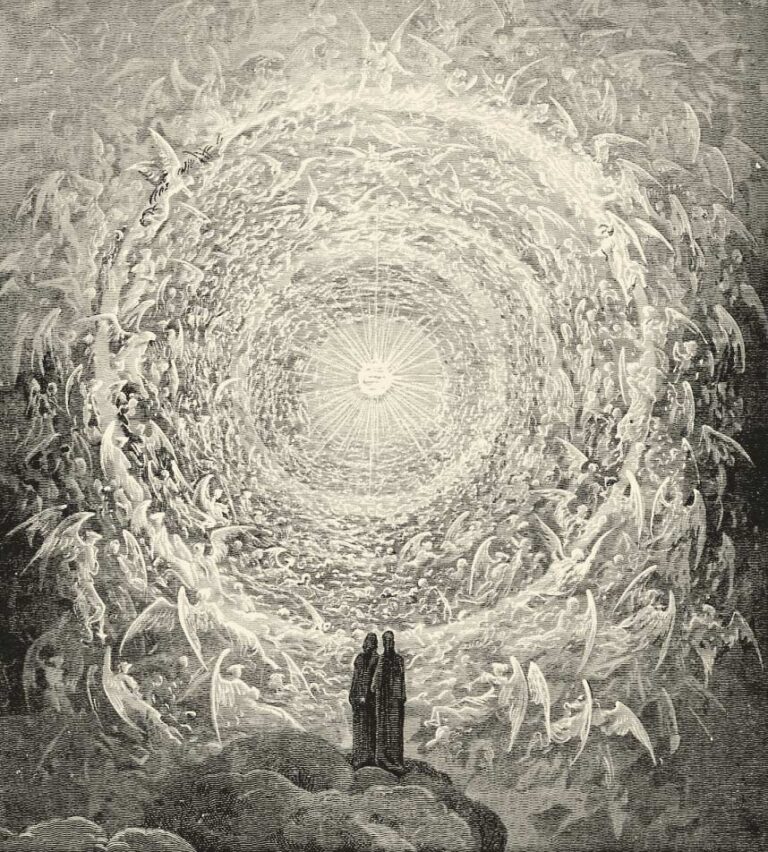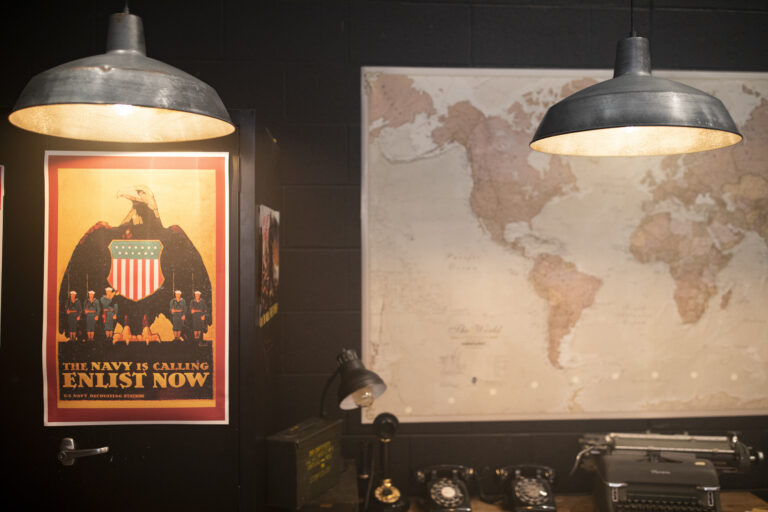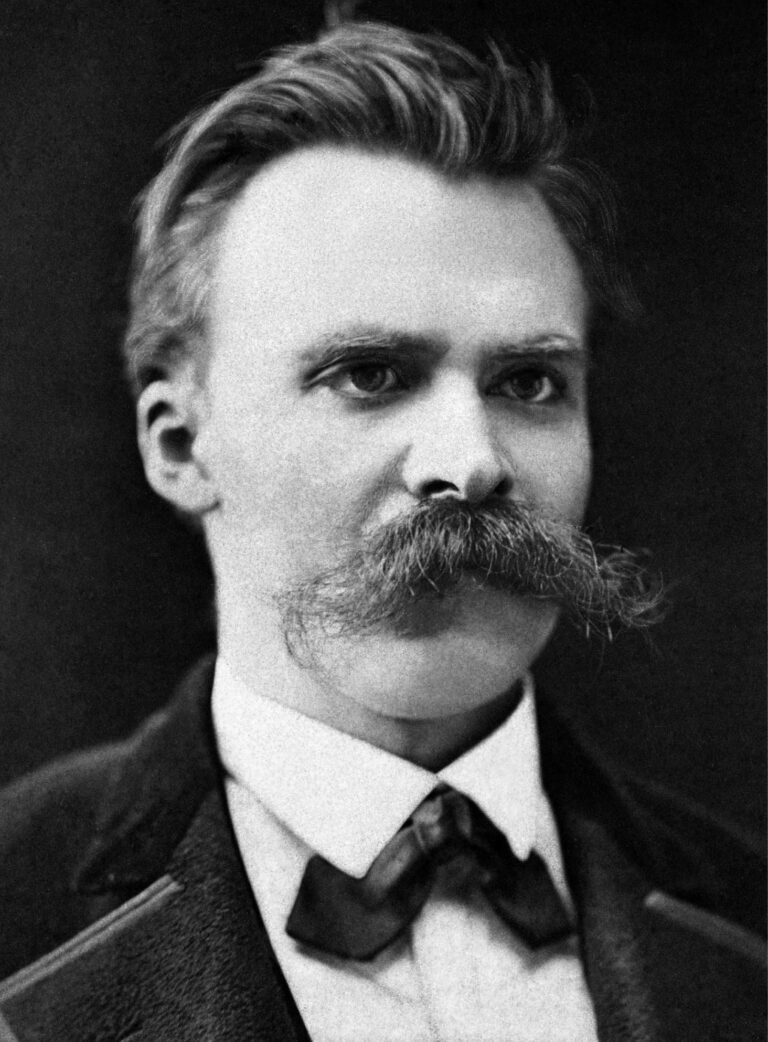How to Defeat the Mightiest Military Power in the World
Have you ever wondered how the American colonies were able to defeat the greatest military power of their day? When studying the American Founding, I often stop and focus on the beauty and genius of the Declaration of Independence. And it is right to do so. But it’s also vital to understand the practical consequences of the Declaration. As Dr. McClay reminds us,
Declaring independence was the easy part. Defeating the mightiest military power in the world, that was another matter.
In “The Great American Story: A Land of Hope,” Dr. McClay notes that on paper the American cause didn’t measure up to the challenge of defeating the forces of the British Empire. But they did have two underrated advantages.
For one thing, they had only to play defense. They needed not win every battle—they needed not win any battles—so long as they were able to keep the war going long enough to exhaust the patience and willingness to fight of their British opponent.
The vast Atlantic Ocean separating the British from their former colonies would cost the British vast sums of wealth during the war. It was not cheap to ship soldiers and weapons over so great a distance. And when they arrived, they also had to deal with the inconvenience of being far less familiar with the terrain and landscape.
Playing defense helped the American rebels. But neither should we undervalue the role that a great man played:
Another advantage, an incalculable advantage, that the Americans had, I can express in two words: George Washington.
There was perhaps no living man at the time with such an admired character. He modeled the virtues necessary for a republican people. His unshakeable self-control, practical knowledge, ability to inspire loyalty in others, and ardent love for liberty saved the country and even quelled potential uprisings. He was so universally loved that he was given the opportunity to unite Americans both during the Revolutionary War and again as their first president under the Constitution.
As commander-in-chief of the Continental Army, he refused any pay, and instead served for the love of the people.
That was the kind of guy George Washington was. He was charismatic, courageous, selfless, tireless. He was not a world-class intellect like Jefferson. But he was always learning and had a great deal of practical and prudential wisdom.
The American cause in those months and years after July 1776 was fragile. Only with a man as indispensable as George Washington at the helm could the rebels have remained together through the peaks and valleys of a trying campaign for independence.







